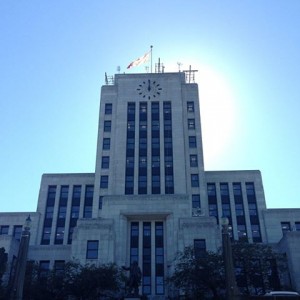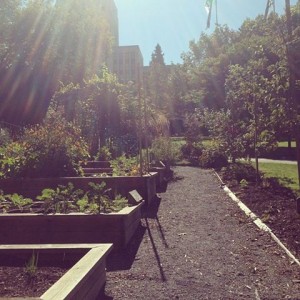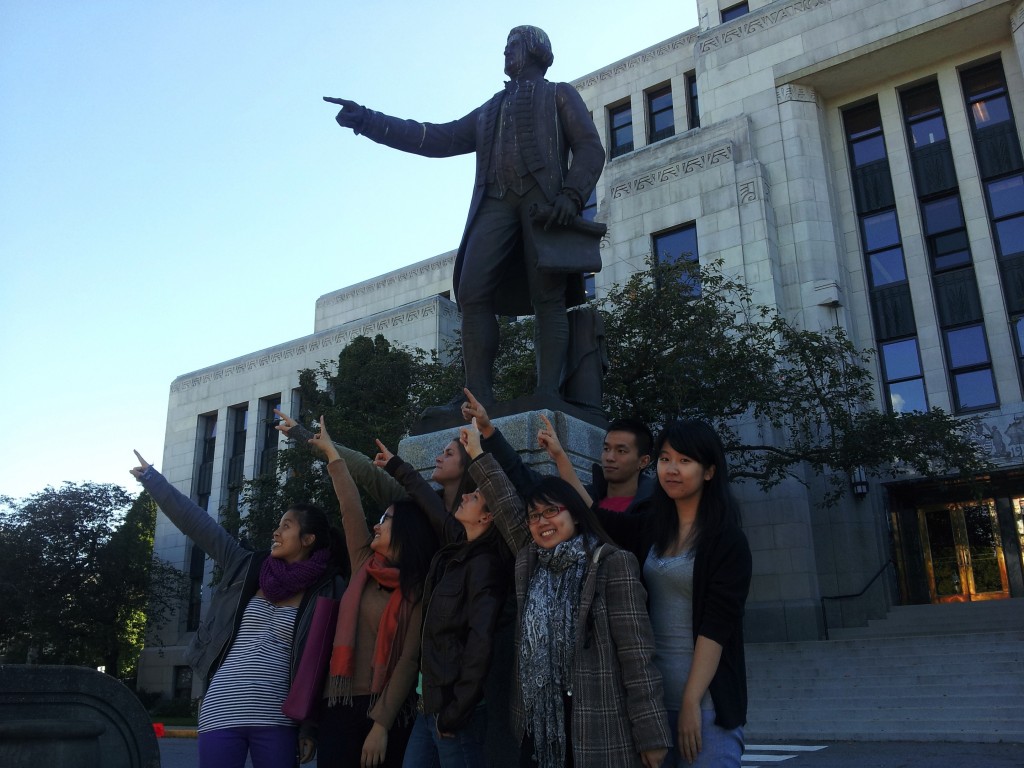In the past week, our group continues looks into each of our own category: grocery stores, caterers, farmers, supermarkets, wholesalers and restaurants. Most of us now have a list of contact information on names and location of our potential donors and recipients. In addition, we made some clarification during our last meeting regarding the boundary of Greater Vancouver. Some of group members thought that Greater Vancouver includes Richmond, Burnaby, Delta and North Vancouver, so we make it clear Greater Vancouver only includes Vancouver; its the city of Vancouver. Most of us just use computer as our technique. Since its impossible to visit potential donors and recipients in person, most of us just did research online to come out with contact information and location. Here is some of our findings:
Donors: Grocery Stores Safeway 2733 W Broadway Whole Foods Market 1675 Robson St
Caterers
Savoury Chef 826 Renfrew St
Farms
UBC Farm 346 Ross Dr
Southlands Heritage Farm 1675 Robson St
Wholesalers Real Canadian Superstore 3185 Grandview Highway
Costco Warehouses 605 Expo Blvd
Restaurants
White Spot 1616 West Georgia Street
Coffee Shop JJ Bean 3010 Main Street
Caterers
Savory Chef 826 Renfrew St
Farmers UBC Farm 346 Ross Dr
Recipients: Non-profit Organization Quest Food Exchange 2020 Dundas Street & 611 East Hastings Sheway 533 East Hastings
In the upcoming week, we will start brainstorm how we going to present our project. We will continue communicate with our community partners to see if they have any preference or idea on how they want us to present our finding. Right now, we thought of either create something like Google Map with all name and location labeled and present in PDF format or we can map out our finding on a physical map of Greater Vancouver. Food processors are hard to find, so we will work together and get help from other groups. Hope by the end, we can present a useful map that complacent the expectation of our community partners.



